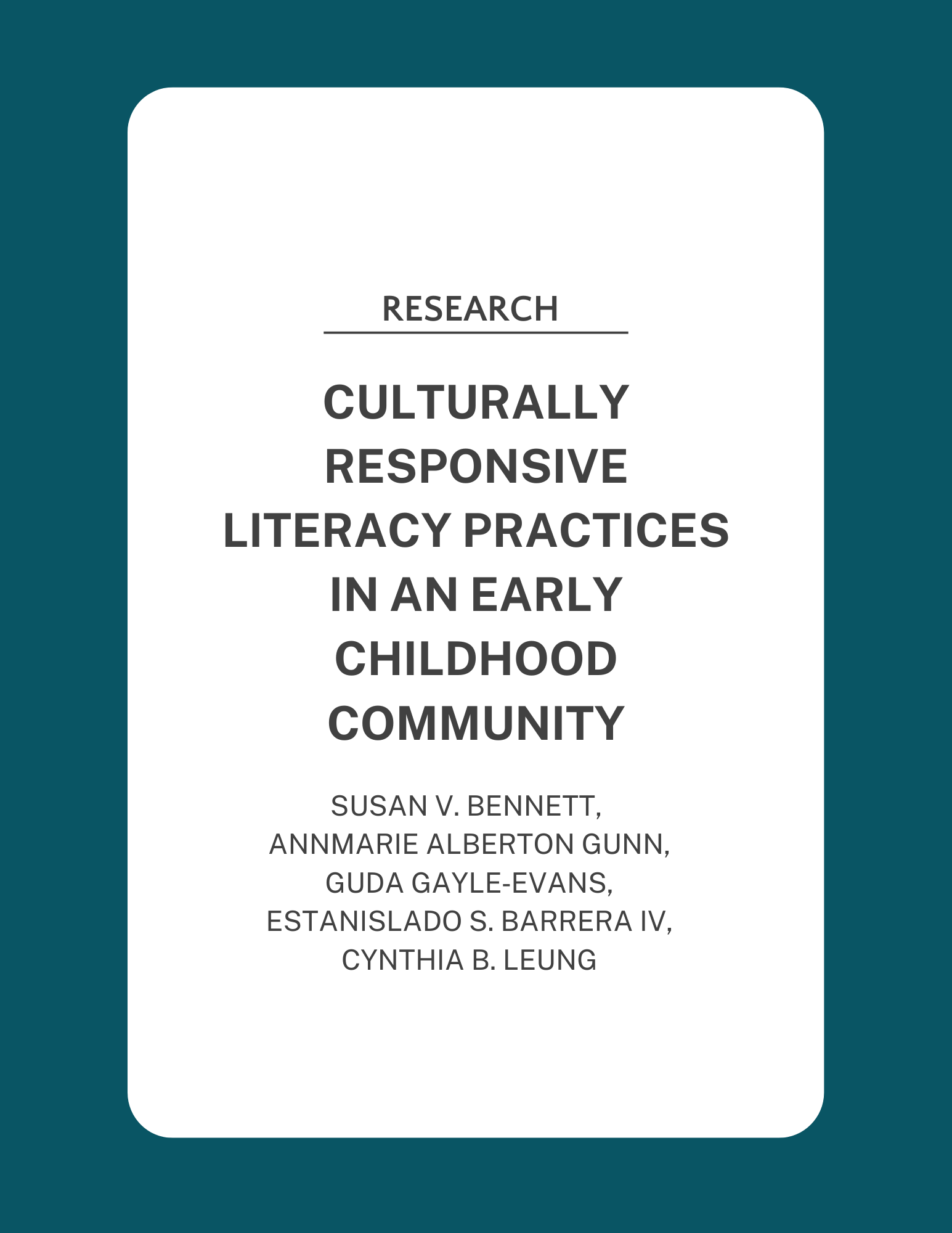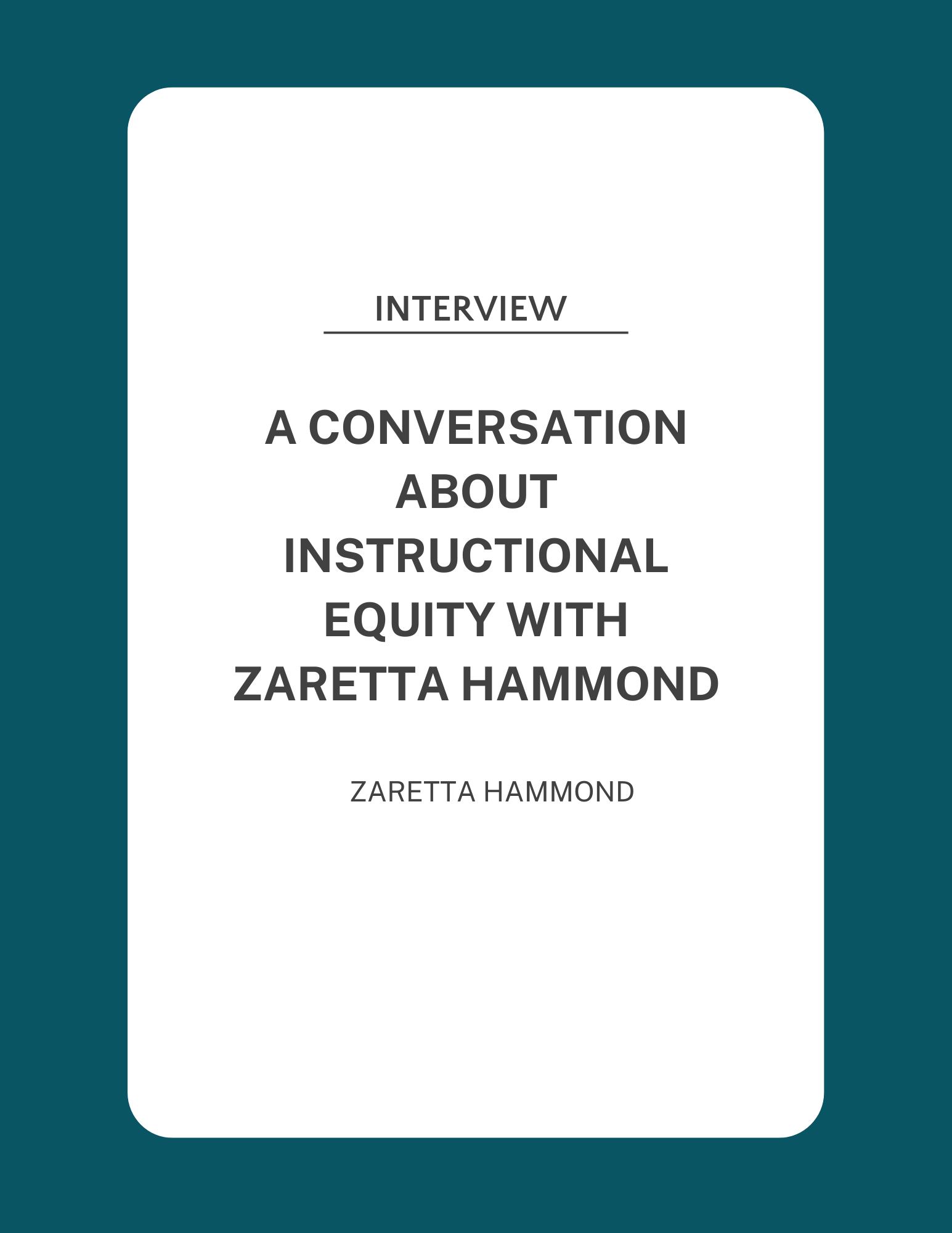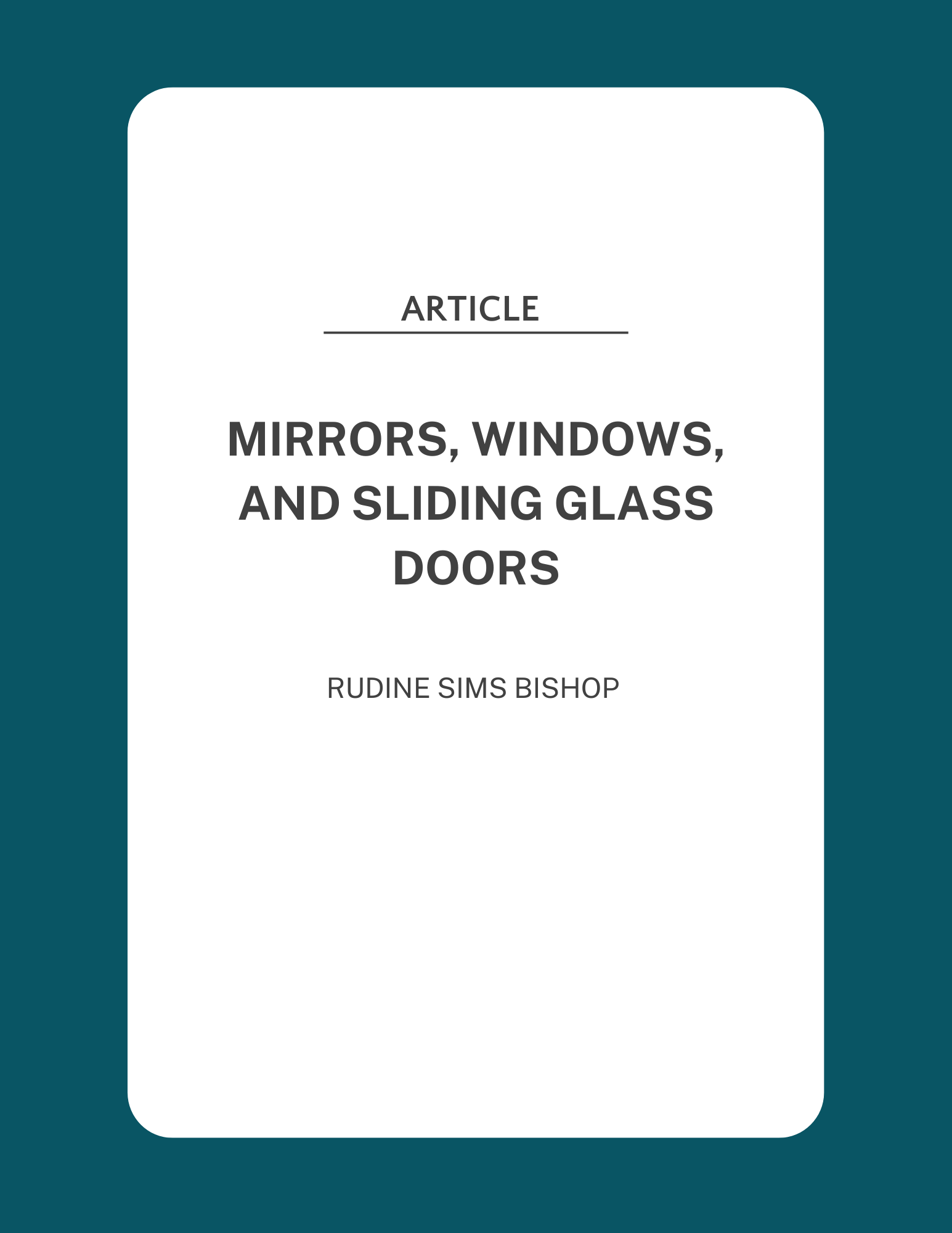Research
“Literacy is a fundamental human right. It is an instrument of empowerment to improve one’s health, one’s income, and one’s relationship with the world.”
- UNESCO
The Science of Reading is “a vast, interdisciplinary body of scientifically-based research about reading” that serves as a framework for how to develop proficient readers and writers (The Reading League). In 2000, the National Reading Panel Report identified "the big five" essential components of effective reading instruction: phonemic awareness, phonics, oral reading fluency, vocabulary, and comprehension. Scarborough's Reading Rope is a visual representation of how these multiple strands work together and lead to skilled reading.
The word recognition strand of the reading rope, often referred to as foundational skills, is taught in grades K-2, whereas language comprehension, such as vocabulary and knowledge-building, is much more complex and develops over a reader’s lifetime. While some students learn how to read through broad instruction, explicit and systematic instruction is necessary for most. Research shows that almost all students are capable of learning to read when they receive research-based instruction.
Education Advisory Board. Narrowing the Third-Grade Reading Gap - Embracing the Science of Reading. pg. 7.
Highlighted Research
Literacy leaders are learning, sharing, and acting on literacy research and evidence-based instructional practices to ensure all students become strong readers.
Three resources helping to guide the work:
Research Recap: Early Reading Accelerators: This resource from Student Achievement Partners highlights the research for early literacy as well as the crucial content necessary for proficient reading.
Foundational Skills to Support Reading Comprehension: This guide provides education practitioners with four concrete, research-backed recommendations for implementing foundational skills reading instruction that will positively impact students' reading growth.
Science of Reading Comprehension: This article from The Reading Teacher, written by Nell Duke, Alessandra Ward, and P. David Pearson, summarizes the research on reading comprehension and shares key elements for effective reading comprehension development.
Here is a sampling of readings leaders have explored.
Use the search menu below to access research by categories.
How Schools Can Support Older Students Who Lag in Reading
This article details ways to support older students who struggle with reading with a focus on teaching foundational skills and improving literacy.
Love & Literacy: A Practical Guide to Finding the Magic in Literature (Grades 5-12)
This is a comprehensive book with research-based best practices, video clips of effective teaching, and a comprehensive Reading and Writing Handbook to empower educators.
Culturally Responsive Literacy Practices in an Early Childhood Community
To reflect and affirm culturally diverse students' identities and experiences, early childhood educators must provide learning opportunities that celebrate all communities. Educators identified five frameworks for fostering an environment that allows for culturally responsive teaching. Centering this framework in the research, this article offers advice on implementing this pedagogy in order to provide all students with a holistic and rich education.
A Conversation about Instructional Equity with Zaretta Hammond
This excerpt features an interview with Zaretta Hammond, a national education consultant and author. Culturally responsive teaching is emphasized, and challenges like over-scaffolding and inadequate support for struggling learners are addressed.
Mirrors, Windows, and Sliding Glass Doors
An interview with Dr. Rudine Sims Bishop that shares her work and thoughts about the importance of diverse children's literature: books that serve as mirrors reflecting their identities, windows offering insights into others' lives, and sliding glass doors encouraging exploration of different perspectives.







